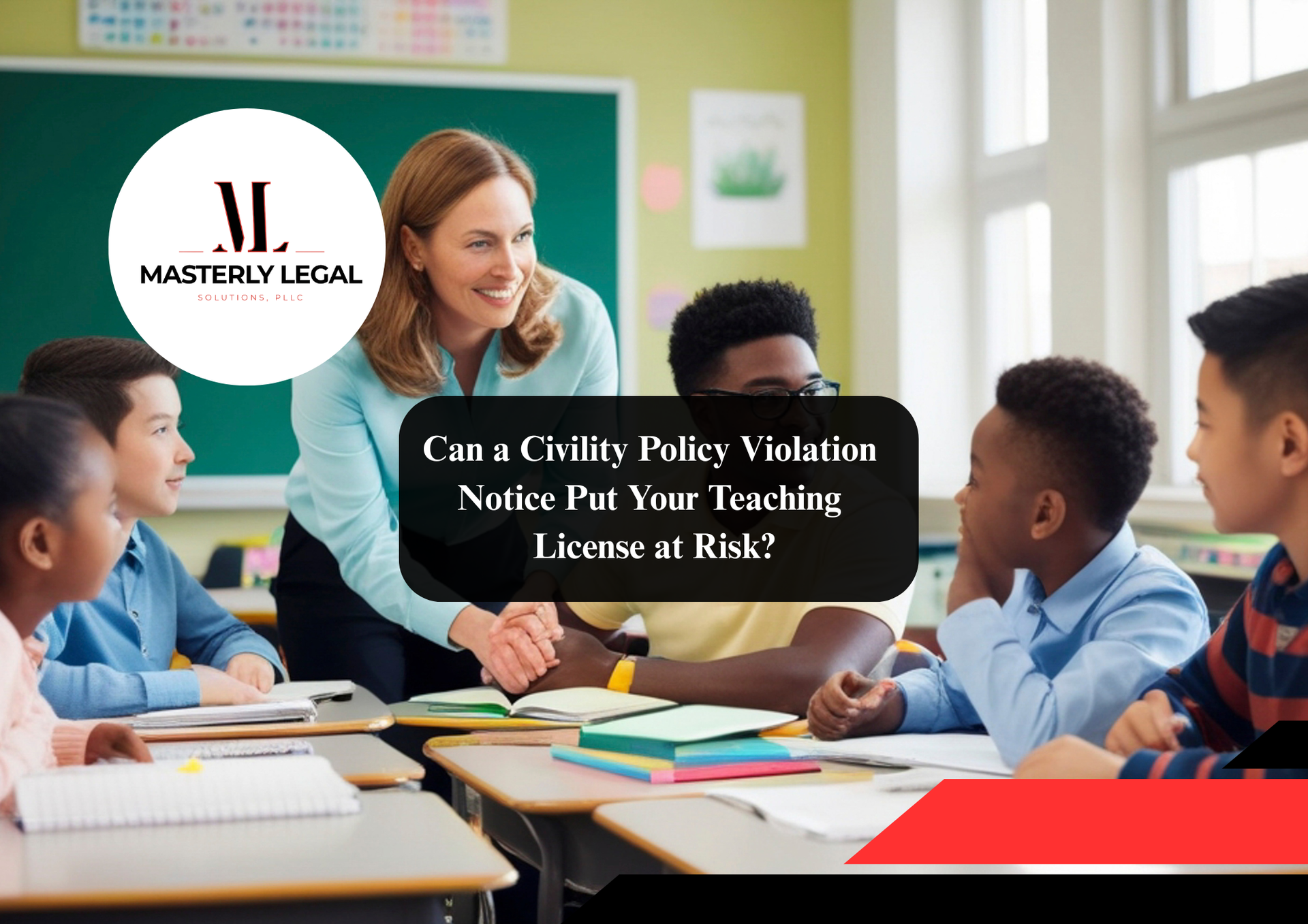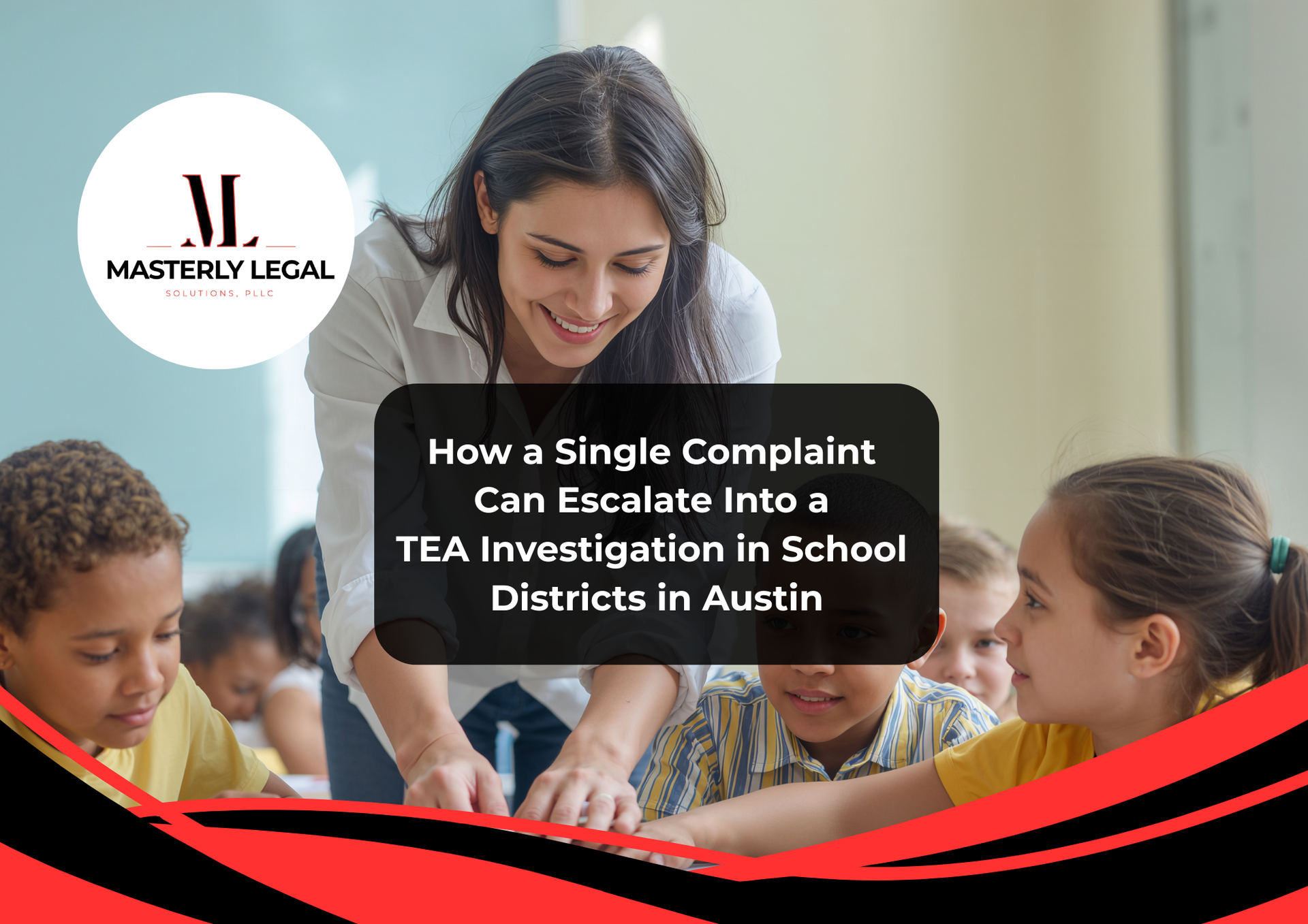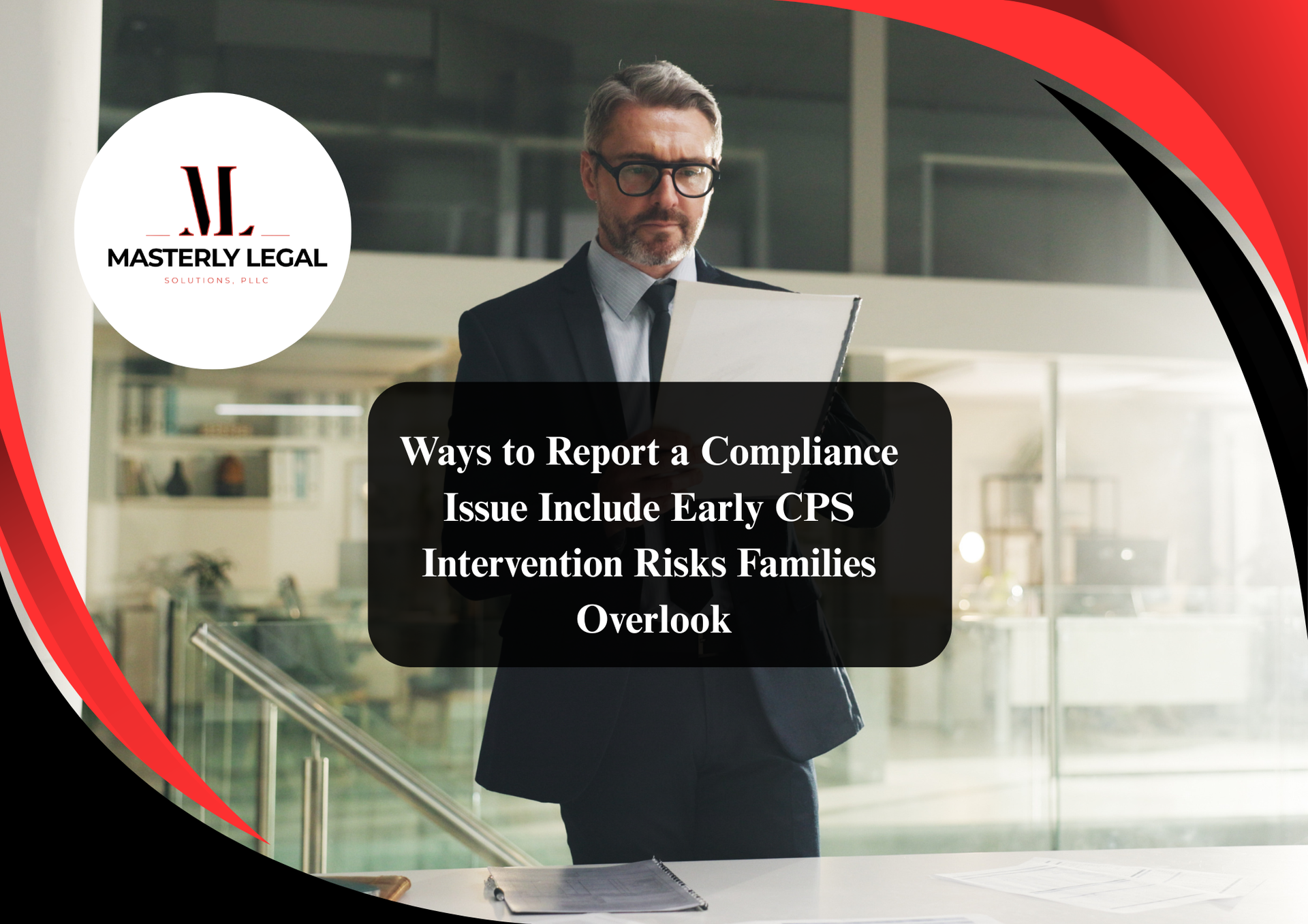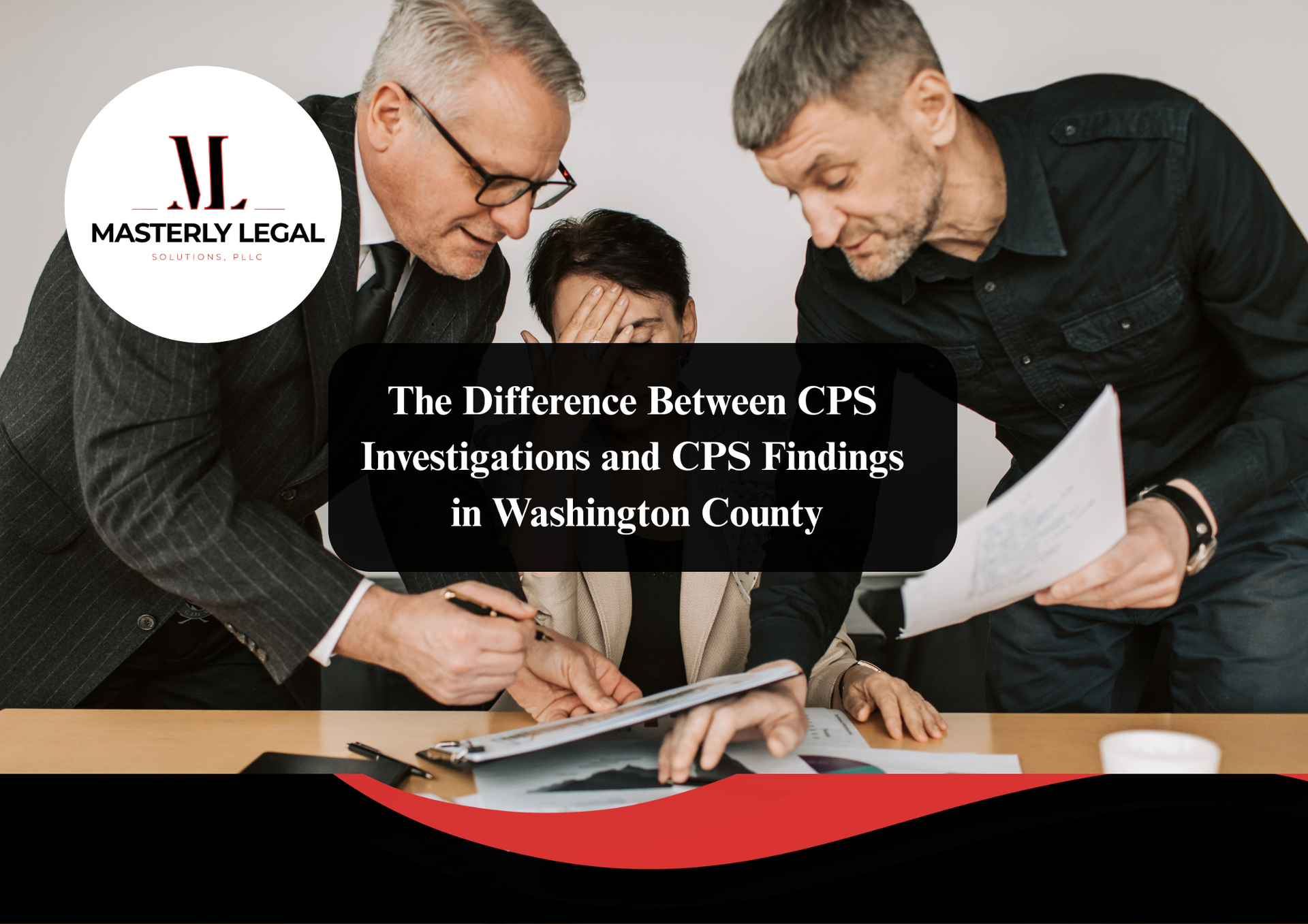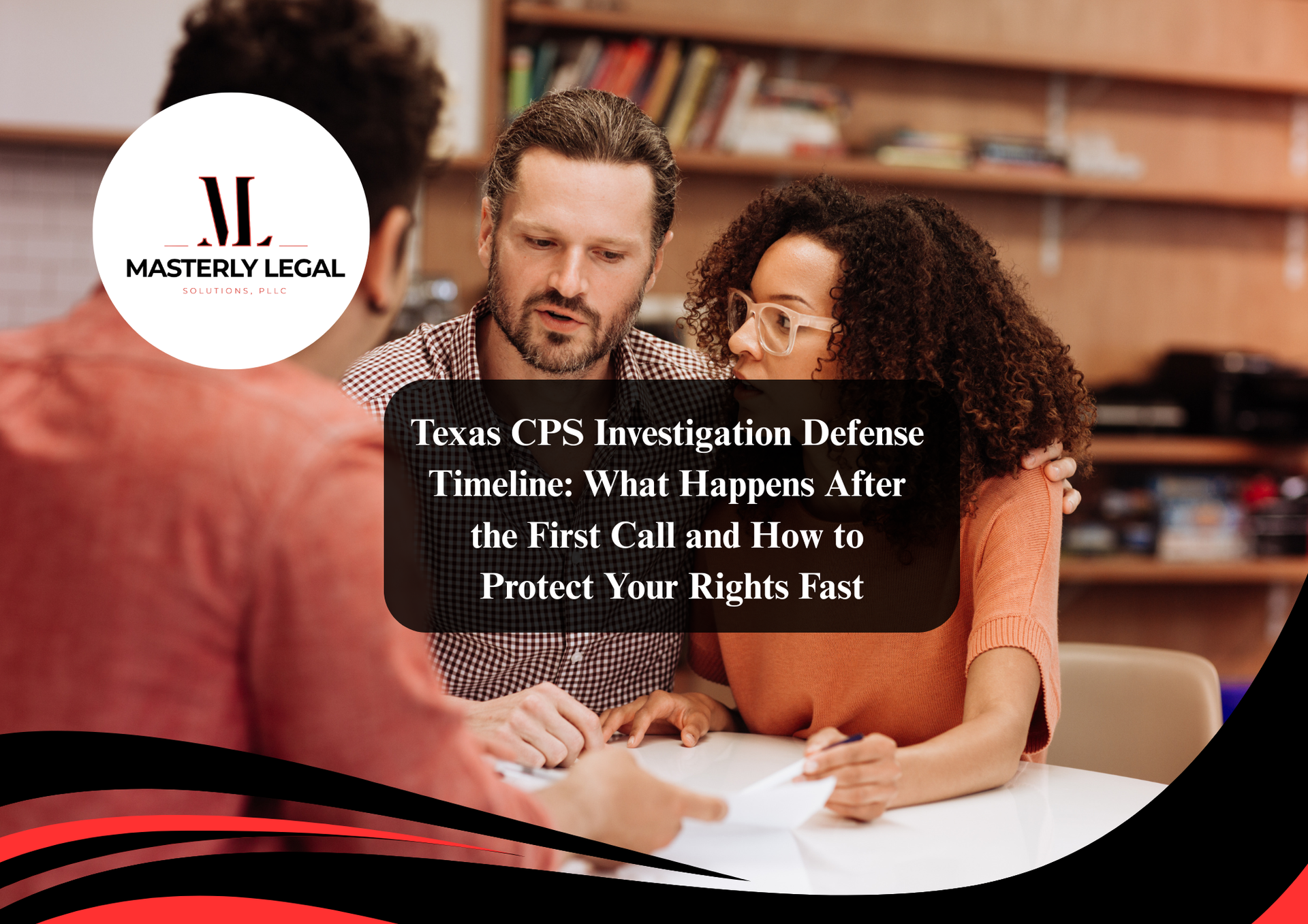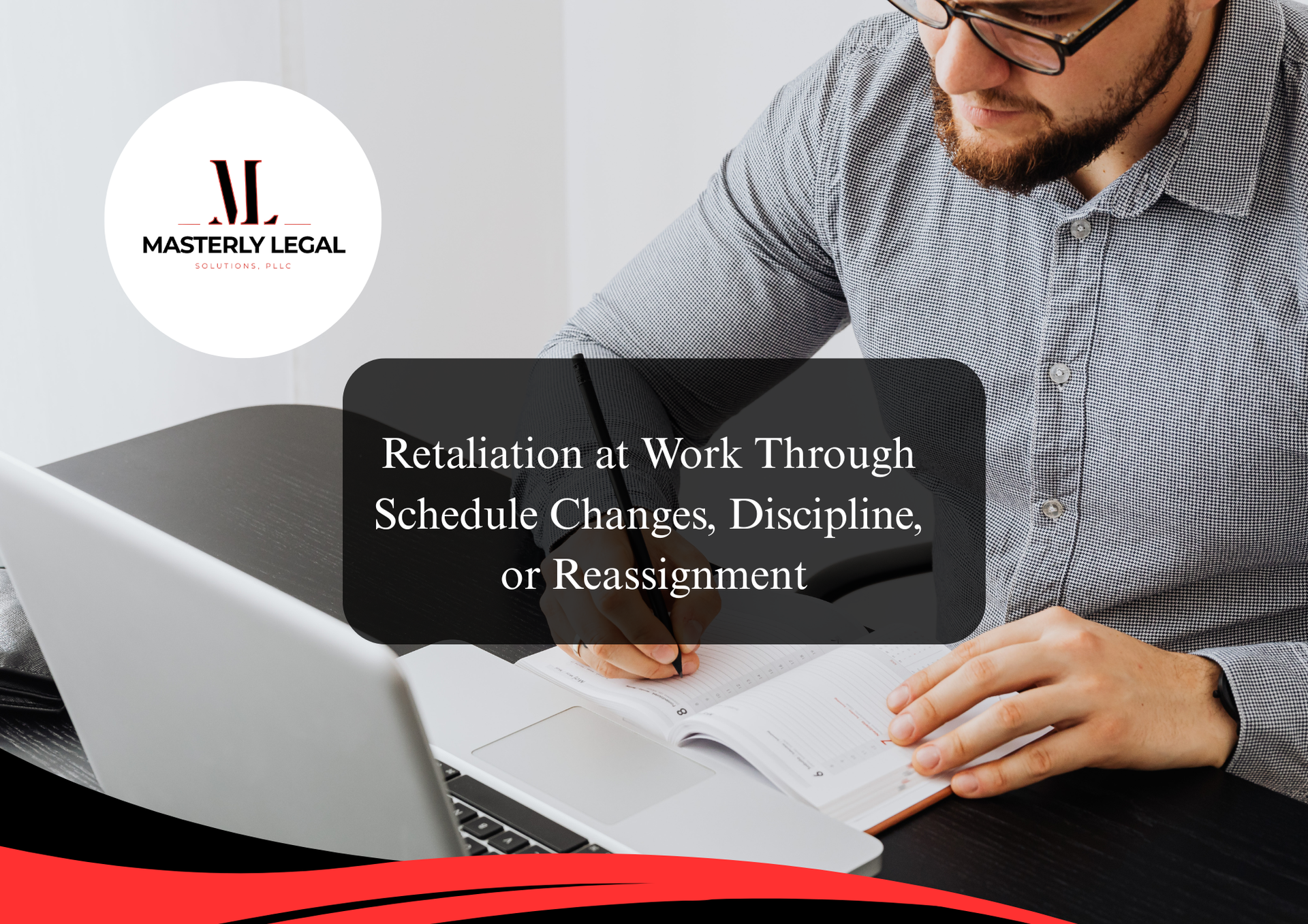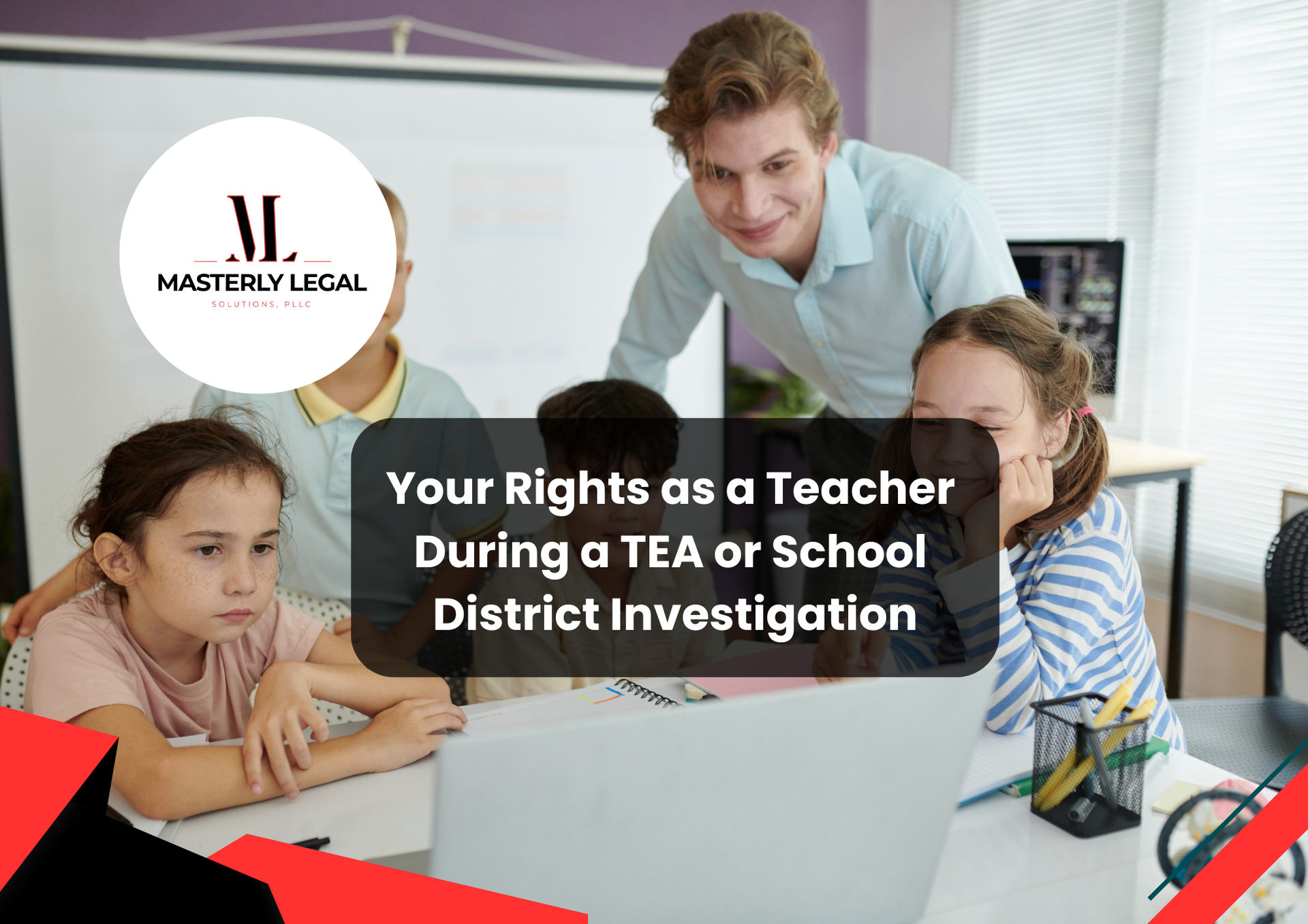Campus Safety Laws: How a Higher Education Lawyer Can Protect Your Institution
Understanding the Importance of Campus Safety
Ensuring a safe environment is a legal and moral obligation for all higher education institutions. Colleges and universities must create policies that protect students, faculty, and staff while complying with an evolving network of federal and state regulations. A failure to do so can lead to severe legal challenges, damage to your campus culture, and potential loss of funding.
Higher education clients often struggle to balance open academic freedom with robust safety measures. This tension requires thoughtful legal guidance to address both the rights of individuals and the institution’s responsibilities.
Key Laws Governing Campus Safety
The Clery Act and Its Impact
Colleges and universities are required under the Jeanne Clery Disclosure of Campus Security Policy and Campus Crime Statistics Act to disclose safety policies and crime statistics. Compliance programs must include:
- Timely warnings about threats.
- Maintaining an accessible crime log.
- Publishing an annual security report.
Higher education attorneys help institutions of higher education understand what incidents trigger Clery Act obligations. Legal counsel also advises institutions on preparing accurate reports to avoid fines and reputational harm.
Title IX and Sexual Misconduct
Title IX compliance is critical to addressing sexual harassment and sexual misconduct. The law mandates procedures for investigating complaints and providing supportive measures to those involved. Colleges and universities need legal resources to create policies that meet federal requirements and foster a safe learning environment.
Education employment lawyers can assist institutions by drafting policies, training staff, and defending against complaints before government agencies.
The Disabilities Act and Accommodations
The Americans with Disabilities Act (ADA) requires academic institutions to provide accessible facilities and learning environments. Compliance includes physical accommodations and adapting distance learning platforms. Higher education law practices often advise institutions on these obligations and defend them if complaints arise.
The Role of Higher Education Lawyers in Campus Safety
Building Strong Compliance Programs
Higher education attorneys have extensive experience guiding colleges through regulatory compliance. They help develop student handbooks and faculty and staff handbooks with clear expectations around conduct and safety. These resources are vital in managing legal and practical issues that could result in liability.
Education teams also counsel clients on risk management strategies and assist institutions in conducting internal reviews to identify compliance gaps.
Crisis Management and Regulatory Investigations
When a crisis occurs—whether a violent incident or allegations of age discrimination—your institution must respond quickly and transparently. Legal counsel can:
- Guide communication with federal and state agencies.
- Prepare responses to inquiries from the National Labor Relations Board.
- Defend your institution in civil rights investigations.
Crisis management support is crucial in preserving your institution’s reputation and minimizing financial challenges.
Training Faculty and Staff
Proper training empowers employees to handle safety issues effectively. Higher education attorneys regularly conduct workshops on:
- Title IX obligations.
- Clery Act reporting.
- Employment discrimination policies.
This proactive approach helps institutions of higher education avoid regulatory scrutiny and foster a positive campus culture.
Employment and Labor Law Considerations
Employee Misconduct and Terminations
Managing faculty and staff can be complex. Labor and employment law governs hiring practices, employment contracts, collective bargaining, and faculty tenure. When misconduct occurs, such as academic misconduct or sexual harassment, higher education lawyers can:
- Provide guidance on conducting lawful investigations.
- Assist in implementing disciplinary actions.
- Advise institutions on summary judgment strategies if disputes escalate to litigation.
Employee Benefits and Compensation
Higher education institutions must comply with employment laws regulating benefits and compensation. Private colleges and community colleges alike face challenges related to unrelated business income tax and employee benefits structures. Higher education law firms help ensure compliance and protect institutions from penalties.
Student Affairs and Campus Policies
Addressing Academic and Behavioral Misconduct
From academic misconduct to disruptive behavior, higher education clients often encounter complex student issues. Experienced attorneys advise institutions on:
- Drafting student affairs policies.
- Establishing fair disciplinary procedures.
- Responding to complaints from former students.
These policies should align with federal requirements and promote a safe and inclusive environment.
Intercollegiate Athletics and NCAA Compliance
Intercollegiate athletics can expose institutions to unique risks. Compliance with NCAA regulations is essential to preserving eligibility and avoiding sanctions. Higher education attorneys counsel clients on:
- Scholarship agreements.
- Recruitment practices.
- Crisis management in the event of infractions.
Education Technology and Privacy
With the rise of distance learning, colleges must protect student privacy under the Family Educational Rights and Privacy Act (FERPA). Legal guidance is crucial in navigating intellectual property rights and safeguarding data.
Supporting Institutions Through Legal Challenges
Defending Against Litigation
Despite best efforts, legal challenges can arise. Whether facing allegations of employment discrimination, civil rights violations, or contractual disputes, higher education attorneys have the skills to protect their institutional clients. Representation includes:
- Negotiating settlements.
- Preparing for trial.
- Counseling on appeals.
Advising on Regulatory Requirements
The higher education sector must comply with numerous regulatory requirements, from federal financial aid rules to accreditation standards. Legal counsel supports institutions by:
- Monitoring policy changes.
- Updating compliance programs.
- Advising on the legal implications of new academic programs.
Building a Culture of Safety and Compliance
A proactive approach to campus safety helps educational institutions thrive. From developing clear policies to providing faculty training, legal counsel plays a central role in risk reduction. Partnering with a law firm with deep knowledge of higher education practice ensures your institution can navigate the complex regulatory landscape.
The Value of Experienced Legal Counsel
At Masterly Legal Solutions, our education team has extensive experience supporting institutions of higher education. We have counseled countless colleges and universities on:
- Regulatory compliance.
- Student conduct policies.
- Employment and labor law.
- Intellectual property matters.
Our higher education attorneys understand the unique pressures faced by colleges and universities. Whether advising on collective bargaining agreements or guiding institutions through crises, our legal counsel helps you make informed decisions to protect your community.
When to Engage a Higher Education Lawyer
You should consider engaging legal counsel when:
- Developing or updating student and faculty handbooks.
- Responding to allegations of discrimination or harassment.
- Navigating complex employment contracts.
- Managing compliance with the Clery Act, Title IX, and other regulations.
Prompt legal guidance can prevent issues from escalating and demonstrate your commitment to accountability and safety.
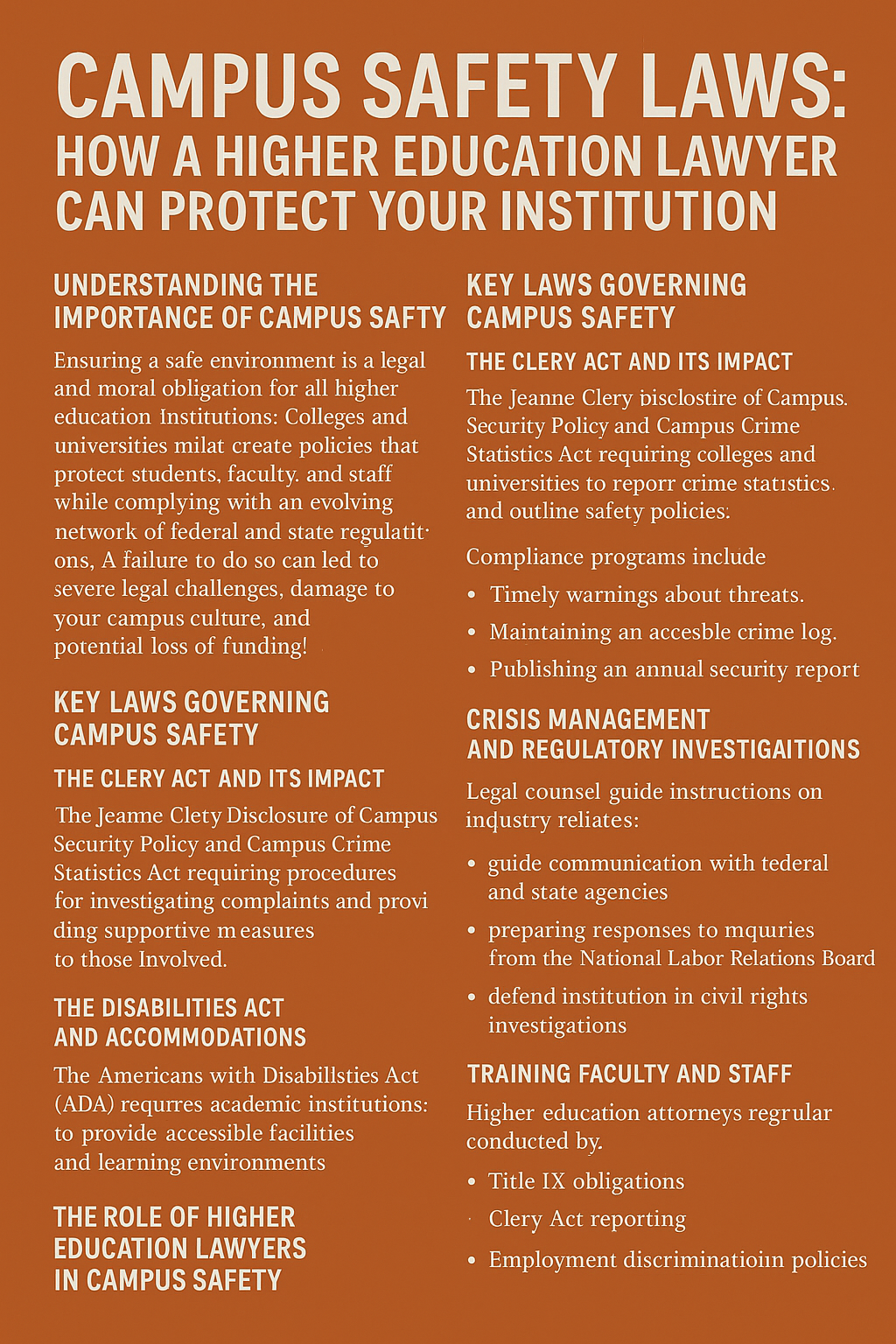
Partnering for a Safer Future
A safe campus is the foundation of student success. Through strategic planning and robust policies, you can reduce liability and build trust among students, faculty, and the public. Experienced higher education lawyers provide the knowledge and perspective needed to align your practices with the law.
Your Next Steps
If you have questions about how campus safety laws impact your college or university, our team is here to help. Masterly Legal Solutions provides legal guidance tailored to your unique needs, from private higher education institutions to community colleges.
How Education Employment Lawyers Strengthen Campus Safety Policies
Education employment lawyers play a critical role in helping colleges and universities establish policies that protect students, faculty, and staff. These professionals work closely with human resources departments and general counsel to design procedures that comply with labor laws, address employee conduct, and support a safe learning environment. By advising on hiring practices, training programs, and disciplinary measures, education employment lawyers ensure your institution’s approach to campus safety is both legally sound and practically effective. Their guidance helps prevent costly disputes and reinforces your commitment to maintaining a secure, respectful campus culture.
Integrating Employment Law into Campus Safety Strategies
Employment law plays a vital role in how colleges and universities manage their obligations to faculty and staff while maintaining a safe environment. From drafting clear employment contracts to handling investigations of misconduct or discrimination, compliance with employment law safeguards both the institution and its employees. Legal counsel experienced in higher education can help you align your human resources policies with federal and state requirements. By proactively addressing employment law issues, your institution strengthens its culture of respect, minimizes liability, and demonstrates a firm commitment to fairness and accountability.
Relying on a Higher Education Team for Proactive Compliance
A skilled higher education team brings together attorneys with deep experience advising colleges and universities on campus safety and compliance. These professionals understand the unique challenges institutions face, from maintaining Clery Act reporting to addressing allegations of discrimination or misconduct. By working closely with your administration, a higher education team can design policies, deliver training, and implement crisis management plans tailored to your campus. This proactive partnership empowers your institution to minimize risk, support student success, and uphold the highest standards of accountability.
Leveraging a Higher Education Practice to Enhance Campus Safety
A law firm with a dedicated higher education practice understands the unique pressures facing colleges and universities today. From Clery Act compliance to employment law issues, experienced attorneys in this field offer strategic advice that aligns with your institution’s mission and values. By tapping into a higher education practice, you gain access to professionals who have guided countless campuses through policy development, regulatory reviews, and crisis response. This specialized support helps you stay ahead of evolving legal standards while fostering a safe and inclusive environment for every member of your community.
Partnering with an Education Team for Comprehensive Support
An experienced education team brings a collaborative approach to safeguarding your campus and guiding your institution through complex regulations. Whether your college needs help drafting policies, training staff, or managing sensitive investigations, a dedicated education team provides tailored legal strategies that reflect your unique goals. By combining legal knowledge with an understanding of campus dynamics, these professionals help you create effective solutions that protect students, faculty, and your institution’s reputation. Working with an education team ensures you have the resources to address challenges promptly and build a culture of compliance and trust.
Addressing Emerging Challenges in the Higher Education Sector
The higher education sector faces increasing scrutiny over how institutions protect students and employees. Rising expectations from regulators, advocacy groups, and the public have made compliance a top priority for colleges and universities of every size. Legal counsel with deep experience in the higher education sector can help leaders anticipate risks, update safety policies, and respond strategically to investigations or complaints. By staying ahead of legal and practical issues, your institution can strengthen its culture of accountability and fulfill its mission with confidence.
Navigating Compliance for Higher Education Institutions
Higher education institutions operate in an environment where regulatory expectations are constantly evolving. From Clery Act disclosures to Title IX investigations, leaders must ensure that every policy meets federal and state standards while also reflecting the institution’s values. Legal counsel experienced in advising higher education institutions can help develop comprehensive compliance programs, train employees, and manage sensitive incidents with care. This proactive approach empowers your campus to address safety challenges while maintaining trust and credibility with students, faculty, and the broader community.
Meeting the Unique Needs of Educational Institutions
Educational institutions face complex legal challenges as they strive to create safe and welcoming campuses. From drafting clear student conduct codes to managing investigations under federal regulations, colleges and universities must balance academic freedom with rigorous compliance requirements. Skilled higher education lawyers understand how to tailor solutions that fit the culture, size, and mission of each institution. By working with legal counsel who focus exclusively on educational institutions, your leadership gains the tools to strengthen policies, protect stakeholders, and respond confidently to any safety-related issue.
Supporting College and University Clients Across Diverse Educational Environments
Many educational institutions—from large school districts to private institutions—depend on experienced legal practices to navigate the evolving landscape of campus safety laws. A higher education team serving college and university clients can function as general counsel or supplement an education’s office in addressing compliance obligations, human resources policies, and risk management strategies. Whether advising school groups, graduate students, or administrators, lawyers affiliated with respected national associations bring practical insights to help institutions uphold their commitments to safety and accountability. By partnering with legal counsel who understand the distinct needs of both public and private colleges, your institution gains the confidence to implement policies that protect the entire community.
Contact Us for a Free Consultation
At Masterly Legal Solutions, we know that navigating campus safety laws and employment regulations is never simple. Our education employment lawyers have the experience to help you build effective compliance programs, address allegations, and protect your institution from unnecessary risk.
Whether your college is facing a regulatory investigation or you simply want to strengthen your campus policies, we’re here to advise you every step of the way. Call us today at (972) 236-5051 for a free consultation so we can answer any questions you have about campus safety, employment law, or any other legal issues affecting your institution.
Notice: This post is not legal advice; it is merely informational in nature. Always seek the advice of knowledgeable legal counsel about your particular circumstances.
Looking for Legal & Business Solutions? Contact Us Now
Fill in the form or call us to set up a meeting

